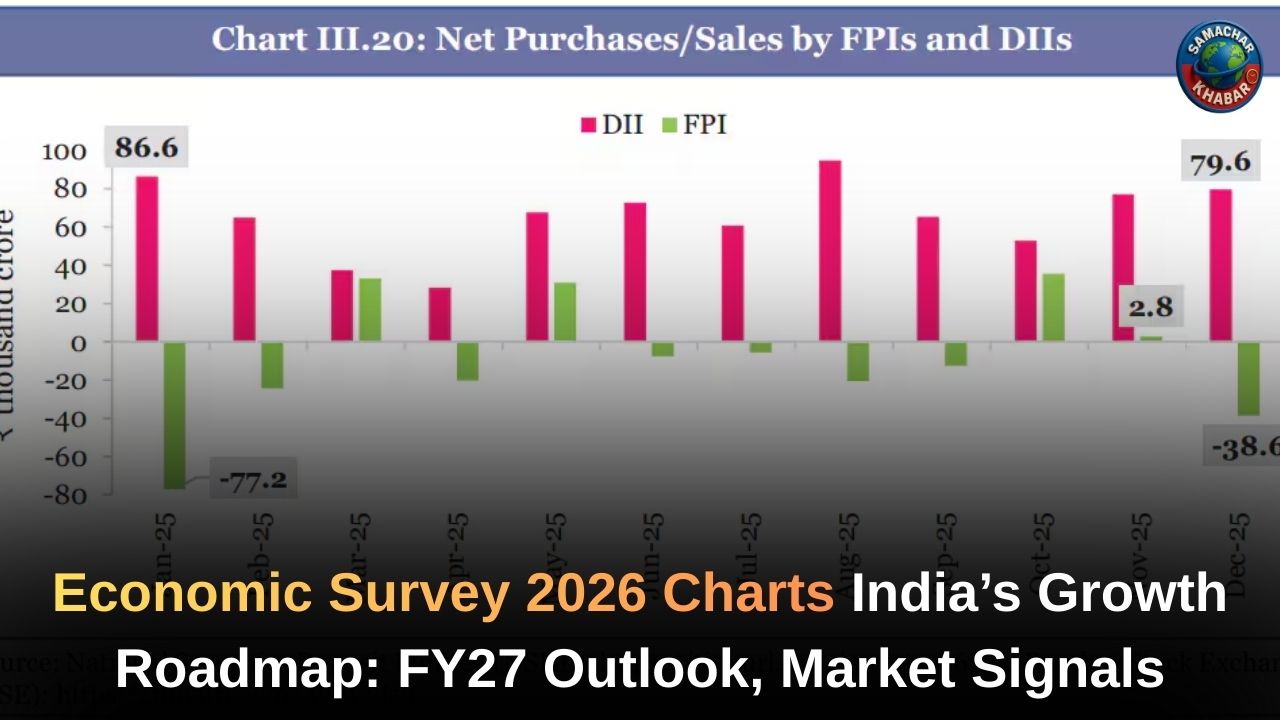The Atlanta Electricals IPO GMP is creating buzz in the financial markets, attracting attention from seasoned investors and market enthusiasts alike. When a company announces its Initial Public Offering (IPO), understanding the Grey Market Premium (GMP) can be crucial for making informed investment decisions. This blog post dives deep into the Atlanta Electricals IPO GMP, unpacking its significance, current trends, and what investors should look out for.
What is IPO GMP and Why It Matters?
Understanding IPO GMP
IPO GMP stands for Initial Public Offering Grey Market Premium. It represents the unofficial premium investors are willing to pay over the IPO’s face value in the grey market before the stock begins trading on the official stock exchange. This premium is often an early clue to market sentiment regarding the IPO.
Why Atlanta Electricals IPO GMP is Important for Investors
Investors closely watch the GMP for Atlanta Electricals because:
– It reflects demand-supply dynamics before listing.
– Indicates investor confidence or hesitation.
– Helps gauge potential listing gains or losses.
Atlanta Electricals IPO GMP: Current Trends and Analysis
What Investors Are Saying
With Atlanta Electricals entering the market, the GMP has shown fluctuating movement, indicating cautious optimism mixed with some hesitation. Initial reports show a moderate GMP, suggesting interest but not over-exuberance.
- Market sentiment: Moderate enthusiasm with a GMP around 5-10% over the IPO price.
- Risk considerations: Investors must look beyond GMP, focusing on Atlanta Electricals’ fundamentals and growth prospects.
Also Read: Urban Company IPO Allotment Status: How to Check Status
Key Factors Influencing GMP
Several factors shape the Atlanta Electricals IPO GMP:
1. Company’s financial health and growth prospects
2. Industry outlook and competitive landscape
3. Current market mood and economic conditions
4. Promoters’ track record and management credibility
Atlanta Electricals – The Company Background
Atlanta Electricals is known for its innovative solutions in the electrical equipment sector, specializing in sustainable and energy-efficient products. The company has reported a steady revenue growth of over 15% annually in the last three years, positioning it well for long-term expansion.
Strengths That Attract Investors
– Robust product pipeline with focus on green energy.
– Strategic partnerships with global players.
– Strong balance sheet with manageable debt.
How to Evaluate Atlanta Electricals IPO GMP Before Investing
Factors To Consider
Before deciding based on GMP, investors should:
1. Review the company prospectus thoroughly
2. Check financial ratios like P/E and debt-equity
3. Compare GMP with IPO price and expected returns
4. Consider market volatility and broader economic signals
Pros and Cons of Relying on GMP
| Pros | Cons |
|———————————–|—————————————–|
| Early indicator of potential gains| Can be speculative and manipulative |
| Reflects market sentiment | Not legally binding or guaranteed |
| Helps in gauging demand | Ignores company fundamentals often |
What Experts Say About Atlanta Electricals IPO GMP
Market analyst Rajiv Kapur notes, “While GMP is a useful sentiment tool, smart investors look beyond to fundamentals and industry trends to make sound decisions.”
A recent study showed that about 60% of IPOs with strong GMPs provided good listing gains in the last two years, but it’s not a foolproof indicator.
Steps To Subscribe To Atlanta Electricals IPO
If interest in Atlanta Electricals IPO has peaked, here’s how investors can participate:
1. Open a Demat and trading account.
2. Check the IPO dates and bid online or through a broker.
3. Decide your bid quantity and price range.
4. Submit application before the closing date.
5. Track allotment results and GMP updates.
Is Atlanta Electricals IPO GMP Worth the Hype?
The Atlanta Electricals IPO GMP offers valuable insight into market interest, but investing solely based on GMP may not always yield the best outcomes. A balanced approach combining GMP analysis with a thorough review of the company’s fundamentals, industry outlook, and economic conditions is essential.


















